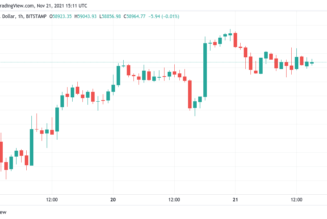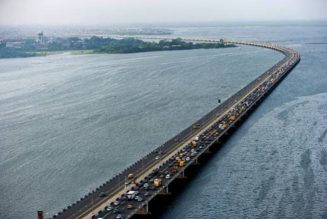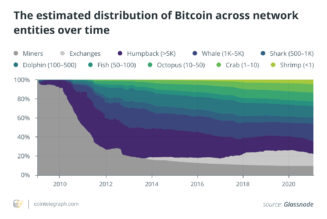Before the Biden administration can respond to the latest petition, it needs more information.
“We have a lot of work to do,” McCarthy said.
Air-conditioning access is just one area of focus, she noted. Places where people rarely needed to be cooled off in the summer, now do. But there’s no national inventory of air-conditioning units. McCarthy said the federal government needs to leverage its public housing and grant programs to expand access for low-income individuals, precisely the type of people who get no relief from heat at work.
Indeed, one of the greatest factors influencing heat stress is whether people can cool down overnight to recover from working in high temperatures during the day. Thousands of workers without access to air conditioning or the ability to pay for cooling are likely already at higher risk of heat stress when they start their shifts. It’s something the National Weather Service, which issues heat advisories, could never account for.
“People are not going to be able, at some point in time, to live without air conditioning that allows them to actually survive in the kind of temperature extremes that we’re facing,” McCarthy said.
Cities often “are not well observed,” said Hunter Jones, climate and health project manager at the National Oceanic and Atmospheric Administration. More monitors — like wearable sensors — would help assess heat levels in urban areas, where it can often feel hotter because of the amount of concrete and other impermeable surfaces.
The National Weather Service monitors track temperature and humidity to inform its heat-stress alert system. But they’re not collecting other types of data that could protect outdoor workers, such as the intensity of solar radiation over the course of a day. Instead, the service’s heat index is designed to pinpoint what the temperature “feels like” in the shade.
The agency does not have a way to forecast a more comprehensive measurement called the Wet Bulb Globe Temperature. NIOSH recommends employers use that measurement – which takes into account temperature, humidity, wind speed, sun angle and cloud cover — to assess potential heat stress.
That measurement is also used by the military and sports teams to protect soldiers and athletes from heat. The state of Minnesota’s standard for indoor workers is the only one to use Wet Bulb Globe Temperature. California and Washington rely on the heat index for their outdoor-worker heat protection.
Wet Bulb Globe Temperature monitors can also be prohibitively expensive for employers, especially in sectors where people work at multiple sites, NOAA’s Jones said. For that reason, he said, the National Weather Service is trying to develop more products to measure it.
Existing methods of forecasting the Wet Bulb Globe Temperature may not provide a fully accurate picture of heat stress in local environments. NOAA has noted that using a process known as “gridded forecasts” to produce Wet Bulb Globe Temperature estimates across distinct spatial areas still doesn’t pick up on local changes in temperature.
That’s why Jones emphasized that new technology like wearable sensors, especially for difficult-to-track indoor conditions, are especially important.
“The indoor environment is challenging because there’s so much that could be at play there,” he said.
Building design is also key and can affect indoor temperature even days after the highest temperatures have abated, said Brian Vant-Hull, a research scientist at City College of New York. What materials buildings are constructed with, how many windows are present and the level of energy machines produce while running influence thermal infrared radiation and heat retention. That means heat stress conditions may be present indoors even days after the most recent advisory.









